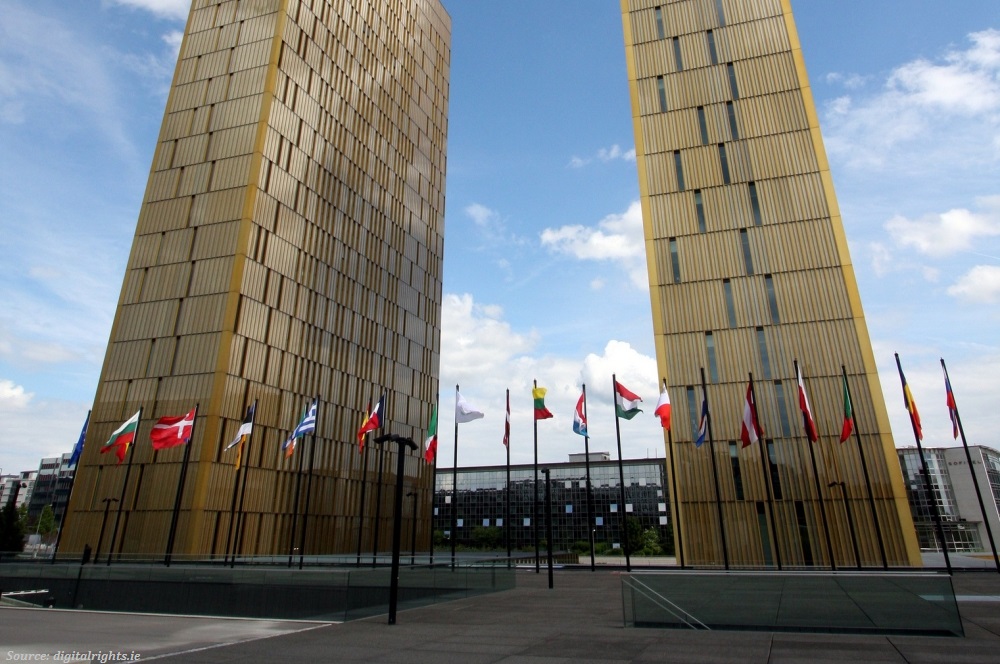On 17 October, Advocate General Maciej Szpunar delivered his opinion on a preliminary reference regarding the possibility to not apply Directive 2008/115 on a case of irregular crossing of an internal border to which checks had been re-established according to Article 25 of the Schengen Borders Code.
The case concerned the apprehension at the Spanish-French border of a Moroccan national, who did not possess any document that would allow him to stay on French territory. He was placed under administrative detention, as an order to leave French territory was issued against him. The applicant’s challenge against the decision succeeded at two instances, but the Prefect of the Pyrénées-Orientales region brought the case before the Court of Cassation, which submitted the preliminary reference.
First, the Advocate General uses the definitions provided in the Schengen Borders Code, to conclude that the French-Spanish border must be considered as an internal one, rendering the decision to not apply Directive 2008/115 unlawful. According to the Advocate General’s opinion, the latter is further supported by the Court’s reasoning in its judgment in case C-47/15 (Affum), where it became clear that the provisions of Article 2 (2) of the Directive exclusively relate to external borders.
Second, AG Szpunar recognised that the reinstatement of border controls means that external borders provisions apply mutatis mutandis, according to Article 32 of the Schengen Borders Code. He held, however, that it cannot be accepted that the notion of external borders entirely replaces that of internal ones. Moreover, Article 32 clearly refers to the application of other provisions contained in the Schengen Borders Code, without mentioning anything on provisions of Directive 2008/115. In the Advocate General’s opinion, the wording of Directive 2008/115 is very clear in that it concerns situations taking place at an external border, while the purpose of the Directive itself is returns of third-country nationals, which is more relevant in an external border context.
Consequently, the AG concludes that the authorities of a Member State cannot decide not to apply Directive 2008/115 to the situation of a third-country national arrested or intercepted during the illegal crossing of an internal border, where border controls have been reinstated pursuant to Article 25 of the Schengen Border Code. Lastly, the Advocate General is of the opinion that Articles 2 (2)(a) and 4 (4) of Directive 2008/115 do not preclude national legislation imposing a prison sentence for the irregular entry into the national territory of a third-country national for whom the return procedure established by that Directive has not yet been completed, as the national’s situation is no longer governed by that Directive and considerations relating to its effectiveness can no longer be used.
Based on an unofficial translation by the ELENA Weekly Legal Update.

